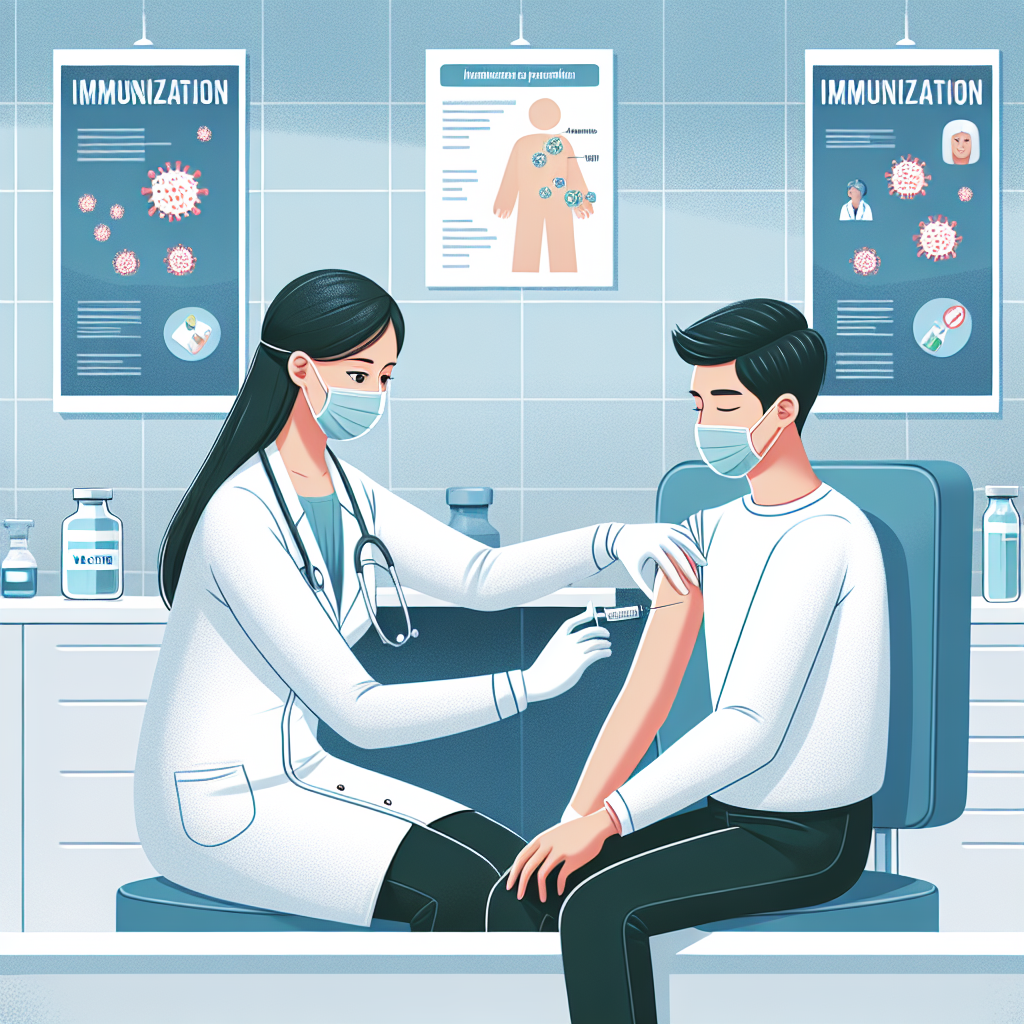The Department of Health has called on parents and caregivers to ensure that children are up to date with their vaccination schedules, particularly against rubella, as the country faces a rise in cases across several provinces.
The National Institute for Communicable Diseases (NICD) has reported a significant increase in rubella cases in Gauteng, Western Cape, Eastern Cape, and KwaZulu-Natal. Rubella, also known as German measles, is a viral infection that typically causes mild illness in children and adults but can have severe consequences for pregnant women, leading to congenital rubella syndrome in their unborn babies.
The disease primarily spreads through respiratory droplets from coughing or sneezing and can also be transmitted from mother to fetus during pregnancy. Symptoms generally include low-grade fever, rash, and sometimes joint pain, but the virus poses a significant risk to fetuses, potentially causing death, miscarriages, stillbirth, or severe birth defects.
The Health Department noted that the incubation period for rubella ranges from 14 to 21 days. Recently, the department received inquiries following the closure of schools in the Northern Cape after a rubella case was detected among students. While the department advocates for proactive measures to prevent the spread of the disease, it stressed that school closures should be a last resort.
Children exhibiting symptoms such as nausea, sore throat, red eyes, and swollen lymph nodes should be treated symptomatically and stay home from school until they recover. All suspected cases of rubella should be reported to the nearest health facility or healthcare provider, who will notify the department through the Notifiable Medical Conditions reporting platforms.
To combat the spread of rubella, the department is currently rolling out the measles-rubella vaccine as part of the Expanded Programme of Immunisation. This combined vaccine, administered at six and 12 months of age, replaces the standalone measles vaccine. In the private sector, rubella protection is included in the MMR (measles, mumps, rubella) vaccine, which is typically given between 12 and 15 months of age.











